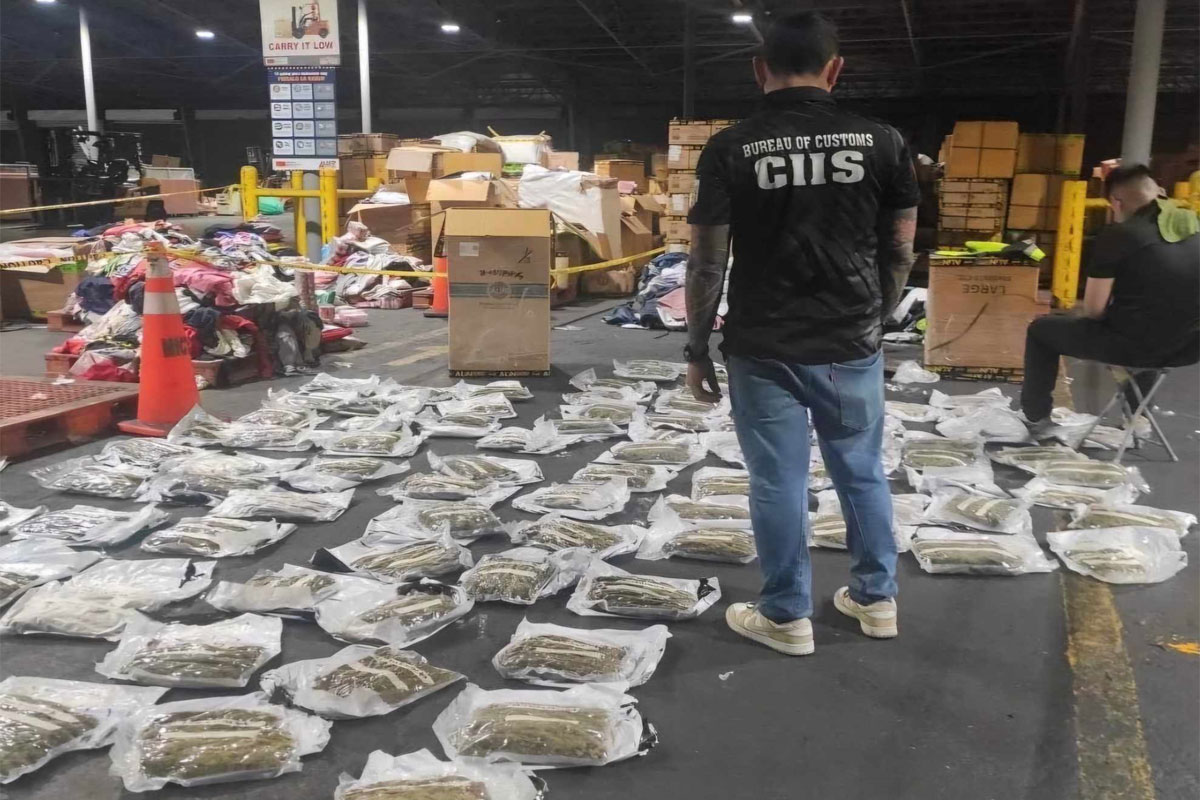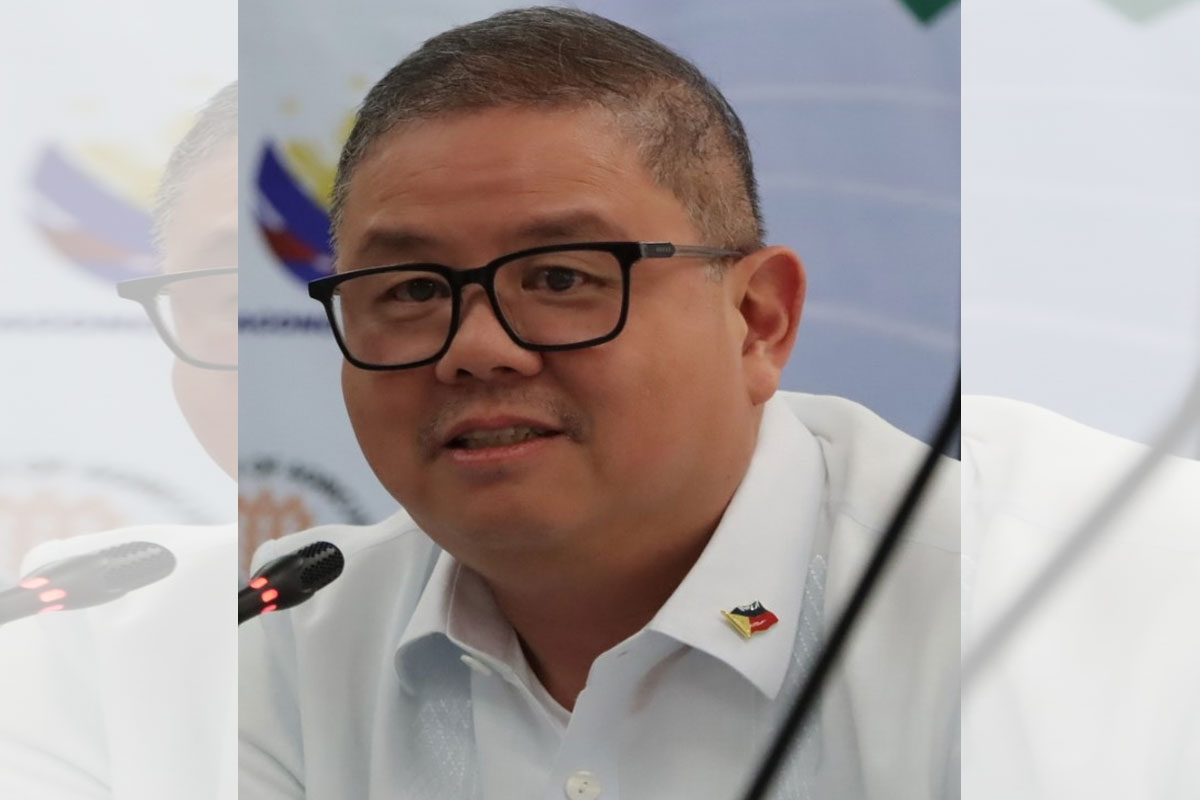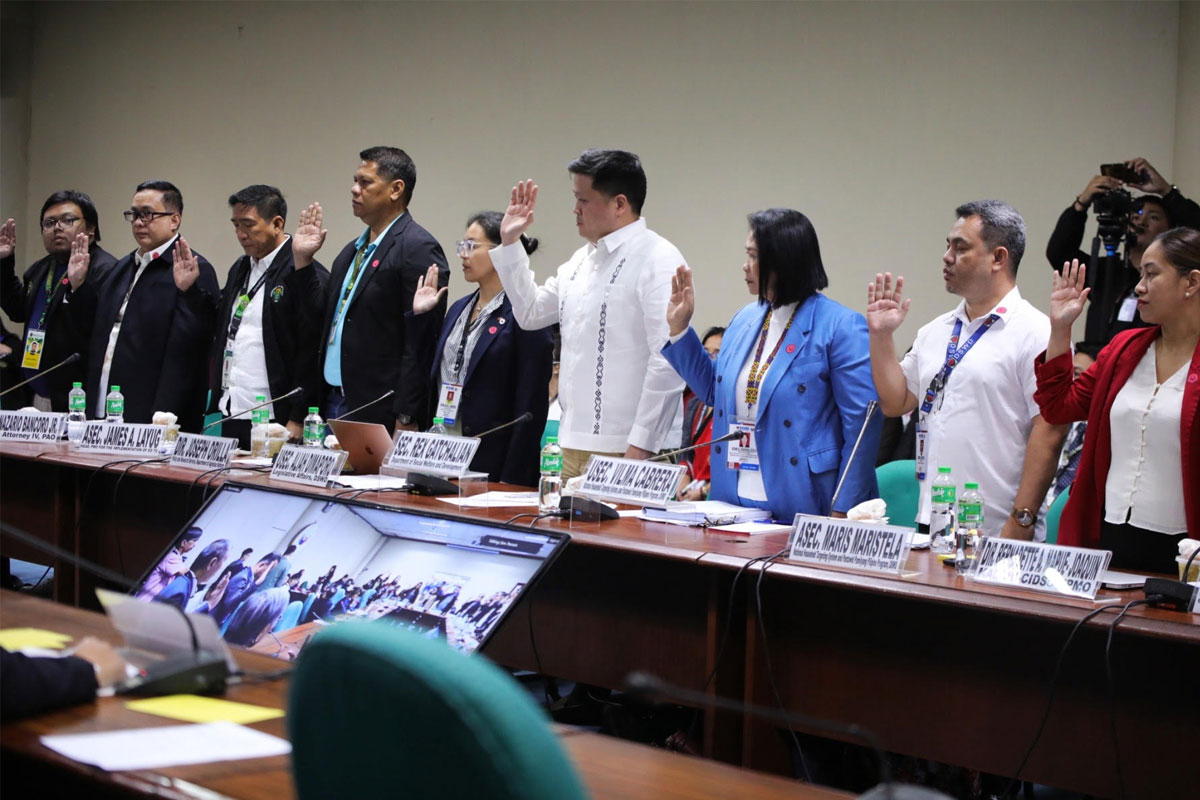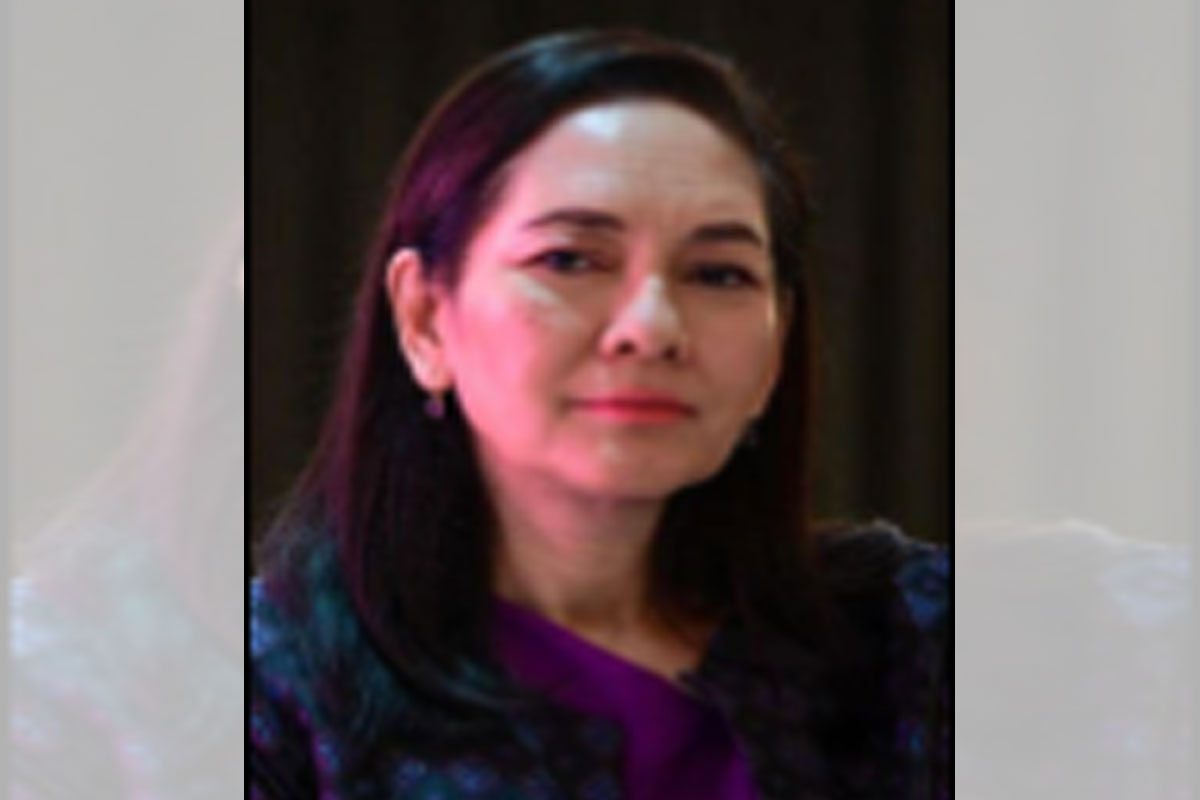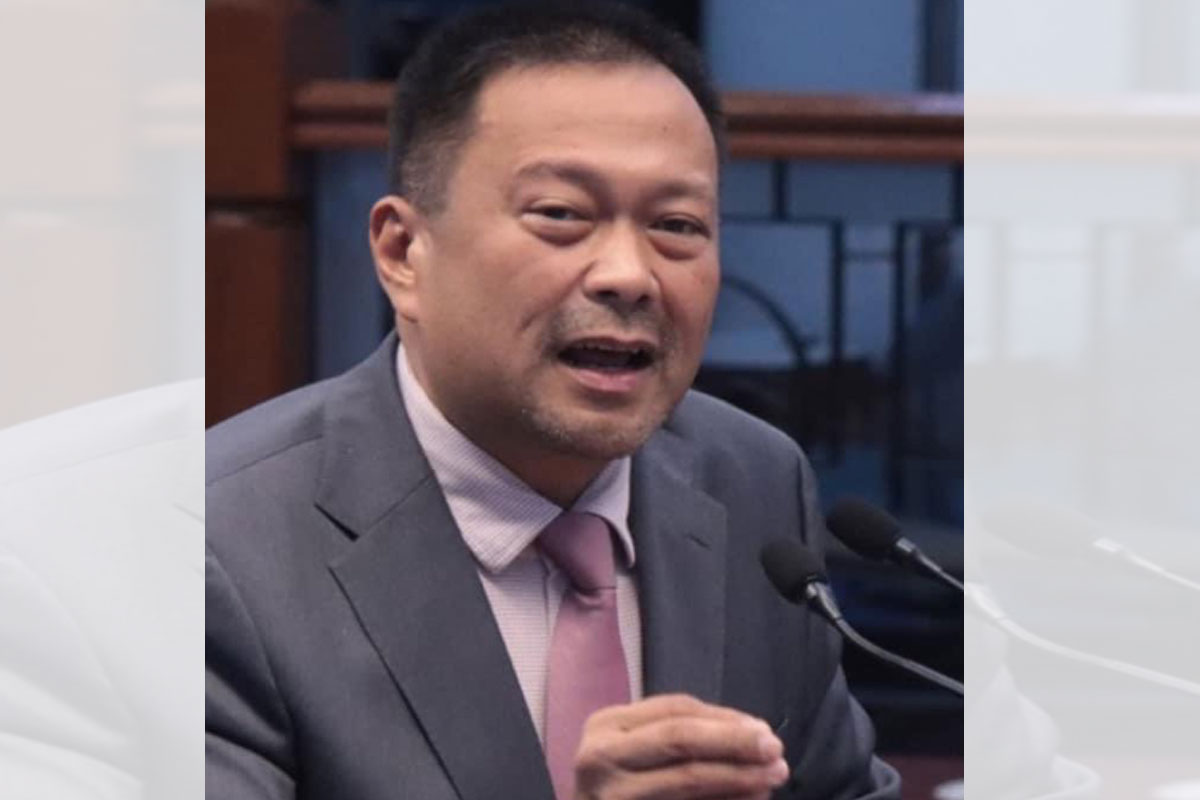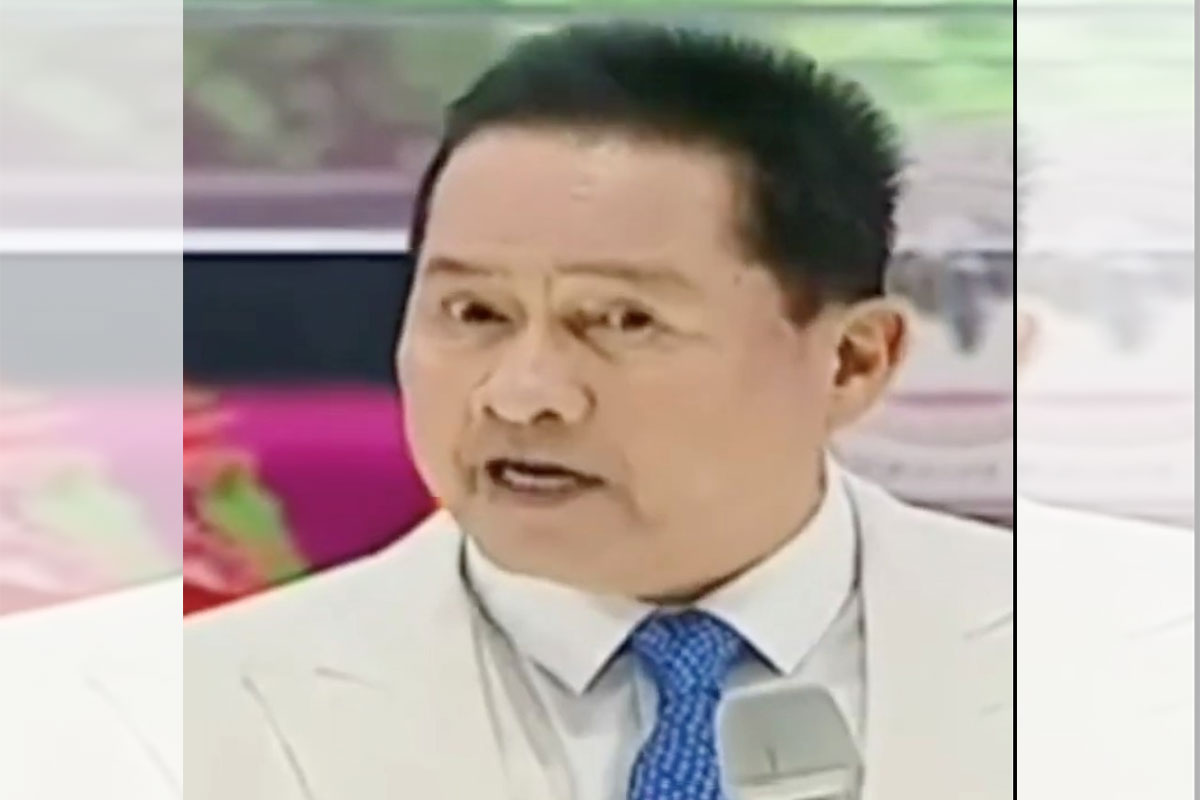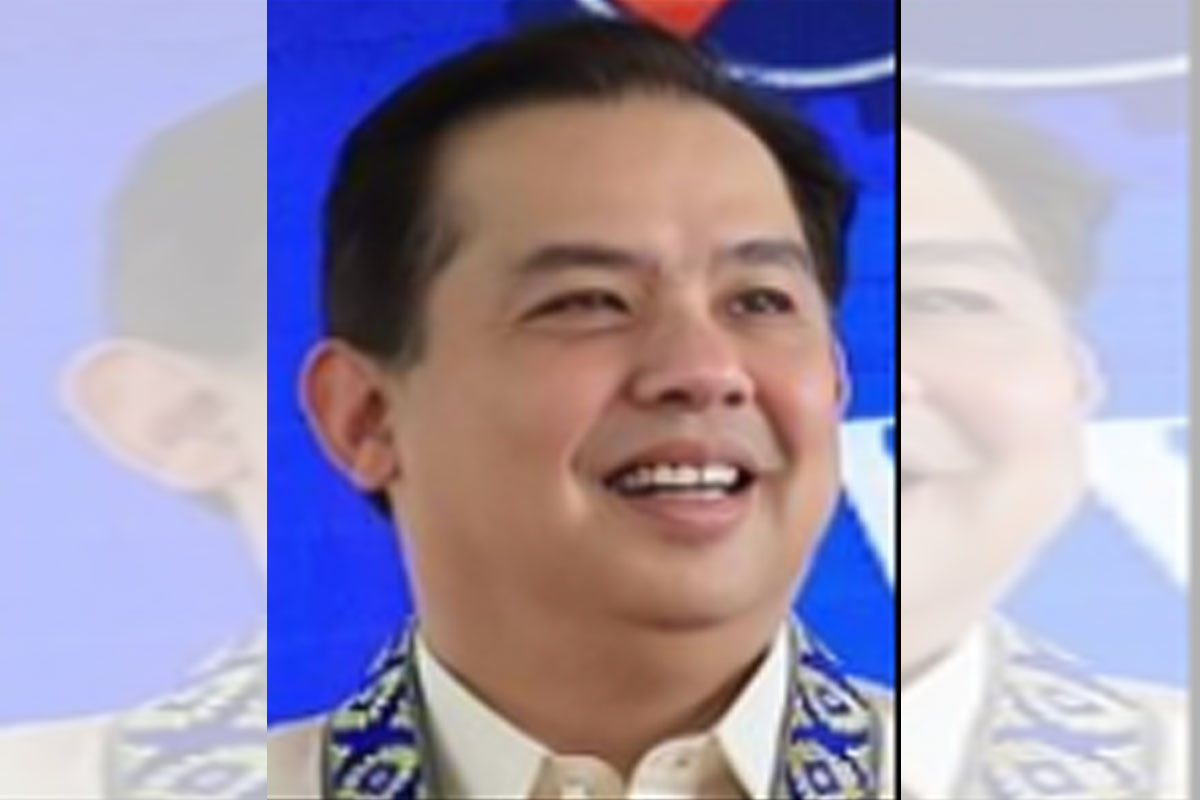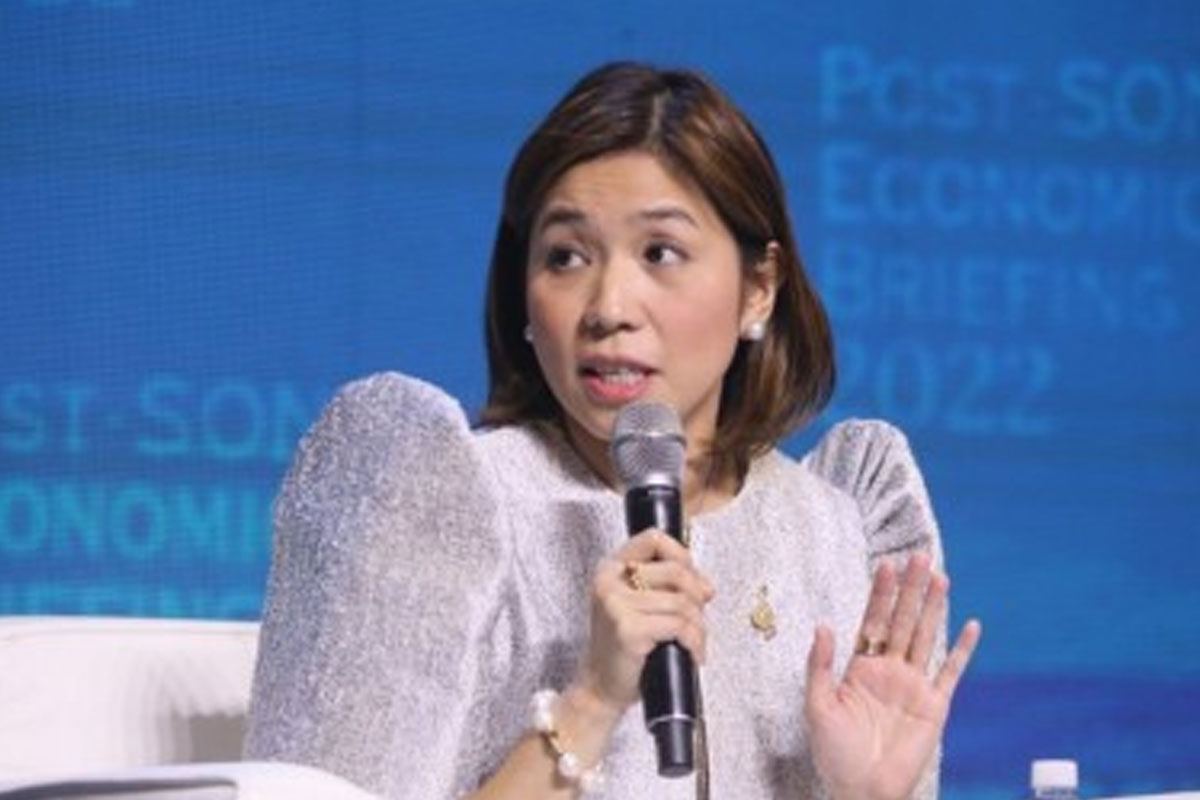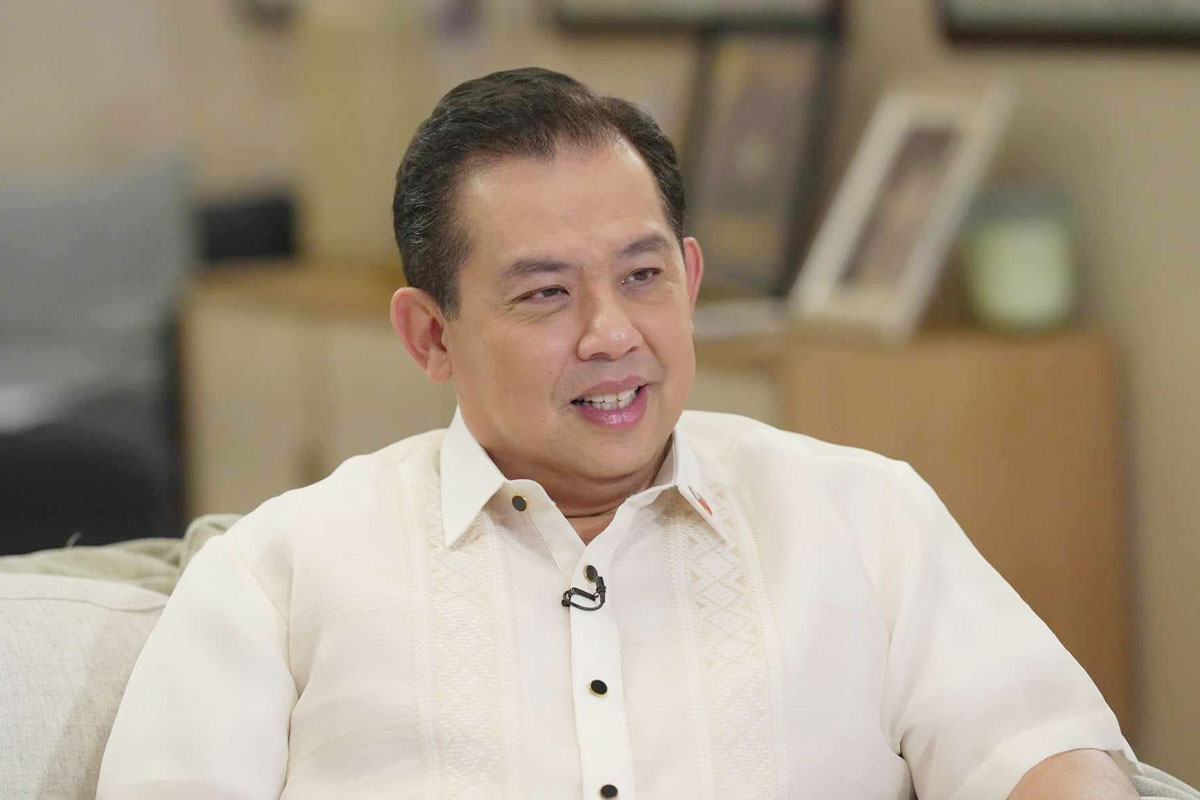
PBBM, as Commander-in-Chief has the authority to pick PNP Inspector General
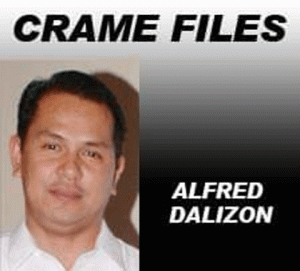 MUCH has been said and done in connection with a string of charges including a ‘sexual harassment’ and grave abuse of power complaint lodged before the Ombudsman against Inspector General Alfegar Triambulo, the head of the PNP Internal Affairs Service by some of his female subordinates, the accusations vehemently denied by the PNP-IAS chief since 2016.
MUCH has been said and done in connection with a string of charges including a ‘sexual harassment’ and grave abuse of power complaint lodged before the Ombudsman against Inspector General Alfegar Triambulo, the head of the PNP Internal Affairs Service by some of his female subordinates, the accusations vehemently denied by the PNP-IAS chief since 2016.
After writing on the story at the start of the week, I have been barraged by calls from both camps who want to pursue their side on the matter. There have been petitions in support of the beleaguered Attorney Triambulo and counter-petitions from his accusers, each one trying to portray who is good and who is evil. One official even called for a ‘ceasefire.’
To be fair to everybody and upon request, I would wait for the decision of the Ombudsman on Triambulo’s cases before dwelling on the matter again except if major developments will happen in the coming days.
However, in the interest of the public, let me discuss the role of the PNP-IAS in keeping peace and order, specifically in disciplining the police force and most importantly, the role that will be played by President Bongbong Marcos Jr. in deciding if he will keep Triambulo or not.
The PNP-IAS was created as a result of the enactment by the 10th Congress on February 25, 1998 of Republic Act No. 8551 or An Act Providing for the Reform and Reorganization of the Philippine National Police and For Other Purposes, Amending Certain Provisions of Republic Act 6976 entitled ‘An Act Establishing the Philippine National Police Under a Reorganized Department of the Interior and Local Government and for other purposes.’
Section 39 of RA 855 created the PNP Internal Affairs Service with the following powers and functions: pro-actively conduct inspections and audits on PNP personnel and units; investigate complaints and gather evidence in support of an open investigation; conduct summary hearings on PNP members facing administrative charges; submit a periodic report on the assessment, analysis, and evaluation of the character and behavior of PNP personnel and units to the Chief PNP and the Commission; file appropriate criminal cases against PNP members before the court as evidence warrants and assist in the prosecution of the case; and provide assistance to the Office of the Ombudsman in cases involving the personnel of the PNP.
RA 8551 also said that the PNP-IAS ‘shall also conduct motu proprio, automatic investigation of the following cases: incidents where a police personnel discharges a firearm ; incidents where death, serious physical injury, or any violation of human rights occurred in the conduct of a police operation; incidents where evidence was compromised, tampered with, obliterated, or lost while in the custody of police personnel; incidents where a suspect in the custody of the police was seriously injured; and incidents where the established rules of engagement have been violated.
Finally, the law says that the “IAS shall provide documents or recommendations as regards to the promotion of the members of the PNP or the assignment of PNP personnel to any key position.”
Section 40 of RA 8551 refers to the ‘Organization’ of the IAS. It says that national, regional, and provincial offices of the Internal Affairs shall be established. The law also say that the PNP Internal Affairs Service shall be headed by an Inspector General who shall be assisted by a Deputy Inspector General. The area offices shall be headed by a Director while the provincial offices shall be headed by a Superintendent: Provided, That the head of the Internal Affairs Service shall be a civilian who shall meet the qualification requirements provided herein.
Section 41 of RA 8551 clearly says it all when it comes to PNP-IAS appointments. The law says that ‘the Inspector General shall be appointed by the President upon the recommendation of the Director General and duly endorsed by the National Police Commission.”
(I’m not a lawyer but I have heard that Inspector General Triambulo wants to retire at the age of 65, citing the case of Alexis Canonizado, a former PNP-IAS head who retired at the age of 65. A former regional chief of the Napolcom, Triambulo was appointed by former President Duterte to head the PNP-IAS in 2016 , becoming only the 2nd Inspector General of the force who did not come from the PNP since IAS was created in 1998.)
On the other hand, “appointment of personnel who shall occupy various positions shall be made by the Inspector General and shall be based on an established career pattern and criteria to be promulgated by the Commission,” the law says.
Section 42 of RA 8551 pertains to ‘entry qualifications to the IAS.’ It says that ‘entry to the Internal Affairs Service shall be voluntary and subject to rigid screening where only PNP personnel who have at least five (5) years experience in law enforcement and who have no derogatory service records shall be considered for appointment: Provided, That members of the Bar may enter the service laterally.”
On the other hand, Section 43 of RA 8551 says that “initial appointments to the National, Directorial and Provincial Internal Affairs Services shall be made by the President upon recommendation by the Napolcom. Thereafter, appointments and promotions to the Service shall follow the established requirements and procedures.’
Section 44 of the same law likewise say that the “Commission shall establish the promotion system within the IAS which shall follow the general principles of the promotion system in the PNP.”
Section 45 of RA 8551 has something to say on ‘prohibitions.’ It clearly states that “any personnel who joins the IAS may not thereafter join any other unit of the PNP. Neither shall any personnel of the IAS be allowed to sit in a committee deliberating on the appointment, promotion, or assignment of any PNP personnel.”
Section 46 of the law refers to Career Development and Incentives. It says that) Personnel of the Internal Affairs Service shall in addition to other allowances authorized under existing laws be granted occupational specialty pay which shall not exceed fifty percent (50%) of their basic pay. This pay shall not be considered a forfeiture of other remuneration and allowances which are allowed under existing laws. It also states that IAS members shall also have priorities in the quota allocation for training and education.
Section 48 of RA 8551 refers to “the inclusion of Supervisors and Superiors in IAS Investigations. The law says that “the immediate superior or supervisor of the personnel or units being investigated under the preceding section shall be automatically included in the investigation of the IA to exclusively determine lapses in administration or supervision.”
Section 49 meanwhile refers to the “Disciplinary Recommendations of the IAS” The law says that “any uniformed PNP personnel found guilty of any of the cases mentioned in Section 39 of this Act and any immediate superior or supervisor found negligent under Section 48 shall be recommended automatically for dismissal or demotion, as the case may be.”
The same section likewise say that “recommendations by the IAS for the imposition of disciplinary measures against an erring PNP personnel, once final, cannot be revised, set-aside, or unduly delayed by any disciplining authority without just cause. Any disciplining authority who fails to act or who acts with abuse of discretion on the recommendation of the IAS shall be made liable for gross neglect of duty. The case of erring disciplinary authority shall be submitted to the Director General for proper disposition.
Section 50 pertains to ‘Appeals.’ It says that “decisions rendered by the provincial inspectors shall be forwarded to the area internal affairs office for review within ten (10) working days upon the receipt thereof. Decisions of the area office may be appealed to the national office through the Office of Inspector General. Decisions rendered by the National IAS shall be appealed to the National Appellate Board or to the court as may be appropriate: Provided, That the summary dismissal powers of the Director General and Regional Directors as provided in Section 42 of Republic Act No. 6975 shall remain valid: Provided, further, That the existing jurisdiction over offenses as provided under Republic Act No. 6975 shall not be affected.
Lastly, Section 51 of RA 8551 refers to ‘Complaints Against the IAS.’ It says that “a complaint against any personnel or office of IAS shall be brought to the Inspector General’s Office or to the Commission as may be appropriate.”


